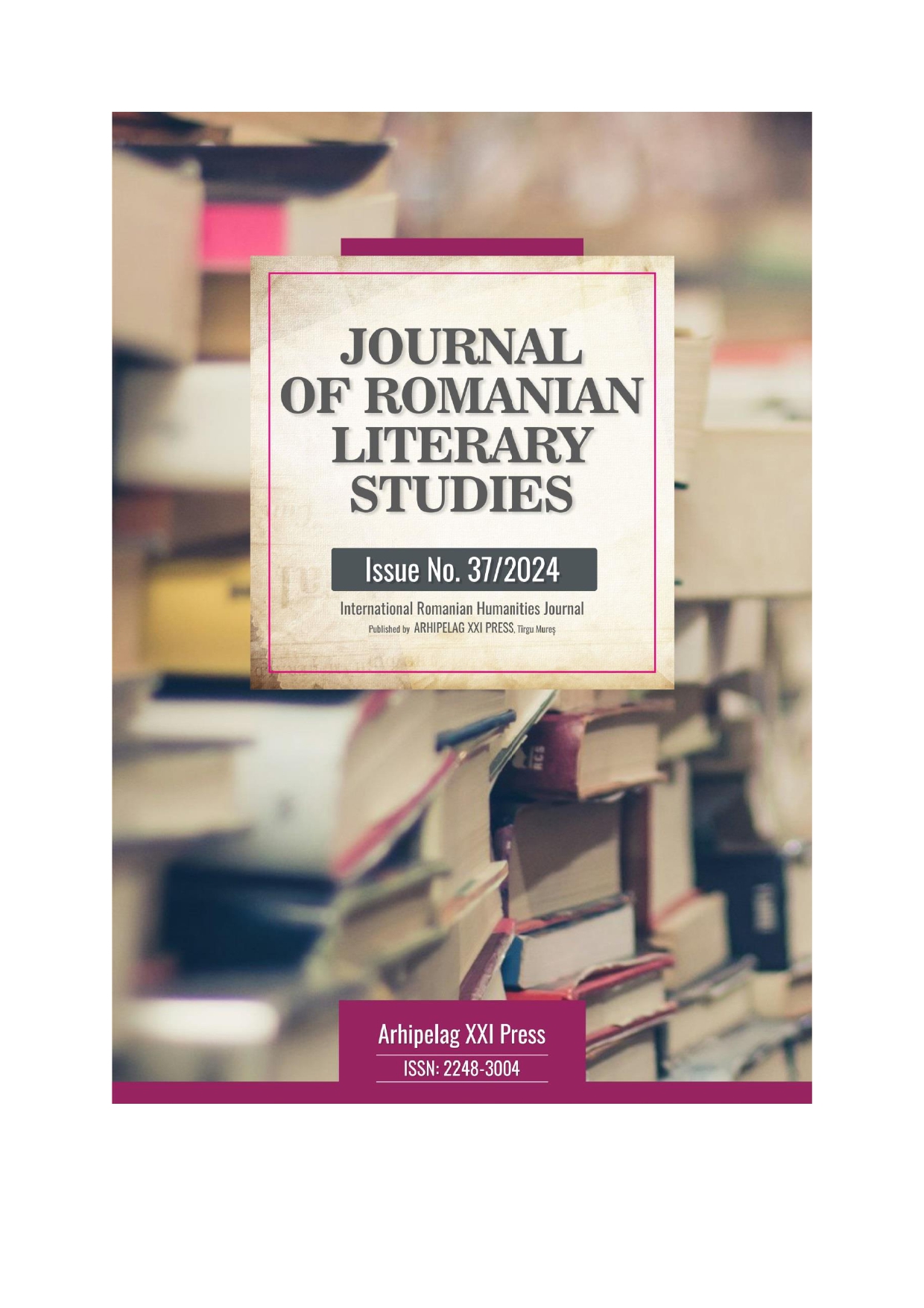THE KANTIAN FOUNDATIONS OF THE RIGHT TO PUNISH
THE KANTIAN FOUNDATIONS OF THE RIGHT TO PUNISH
Author(s): Diana Dănișor, Elena OanceaSubject(s): History of Law, Ethics / Practical Philosophy, Philosophy of Law, Sociology of Law
Published by: Editura Arhipelag XXI
Keywords: Kant; punishment; morality; autonomy; dignity;
Summary/Abstract: In the philosophy of Immanuel Kant, the right to punish is based on distinct moral and rational principles. Kant argues that punishment is justified in the context of individual morality and autonomy. He argues that autonomy presupposes the ability to act in accordance with the laws of reason and to respect human dignity. Punishment, according to Kant, is not only a retribution for a crime committed, but also a restoration of moral order and an acknowledgment of the individual's responsibility for his own actions. Essentially, Kant promotes the idea that punishment must be proportionate and morally justified, given the human dignity and moral autonomy of each person.
Journal: Journal of Romanian Literary Studies
- Issue Year: 2024
- Issue No: 37
- Page Range: 43-51
- Page Count: 9
- Language: Romanian

